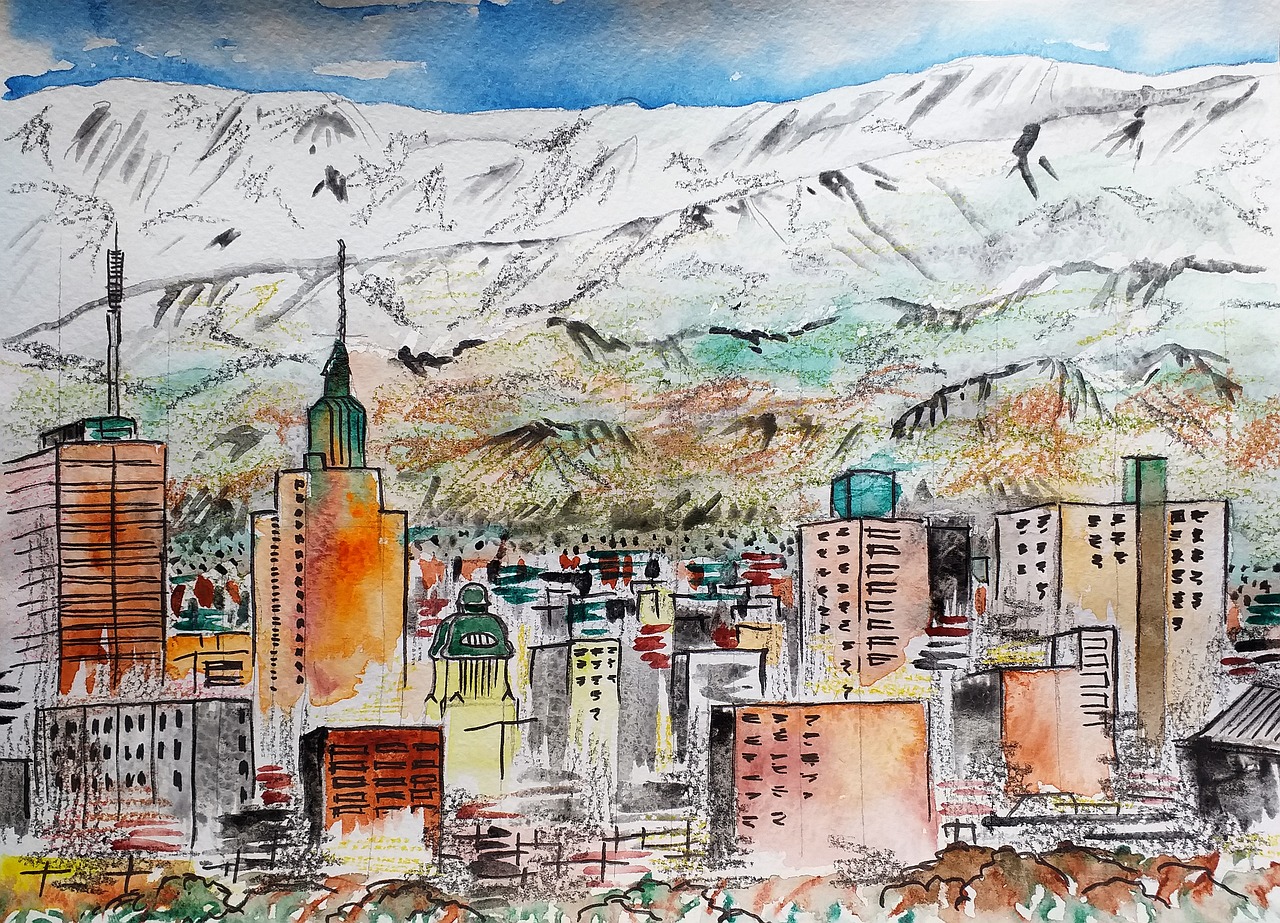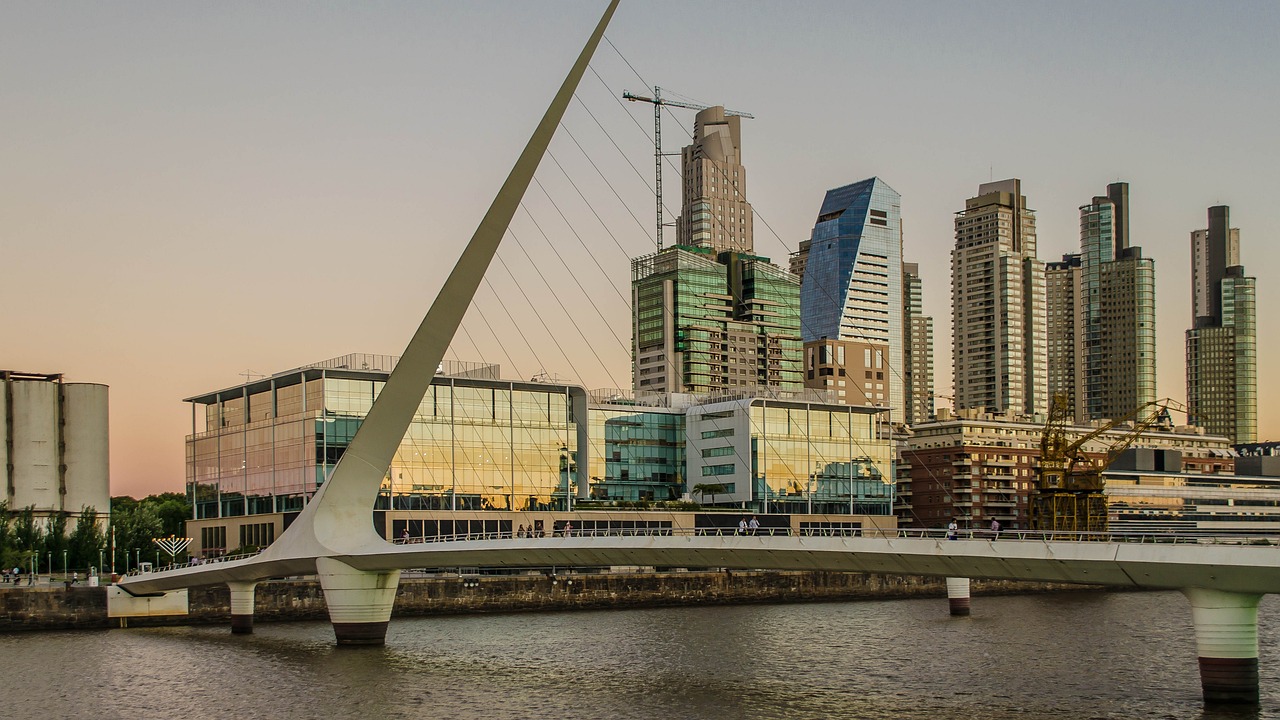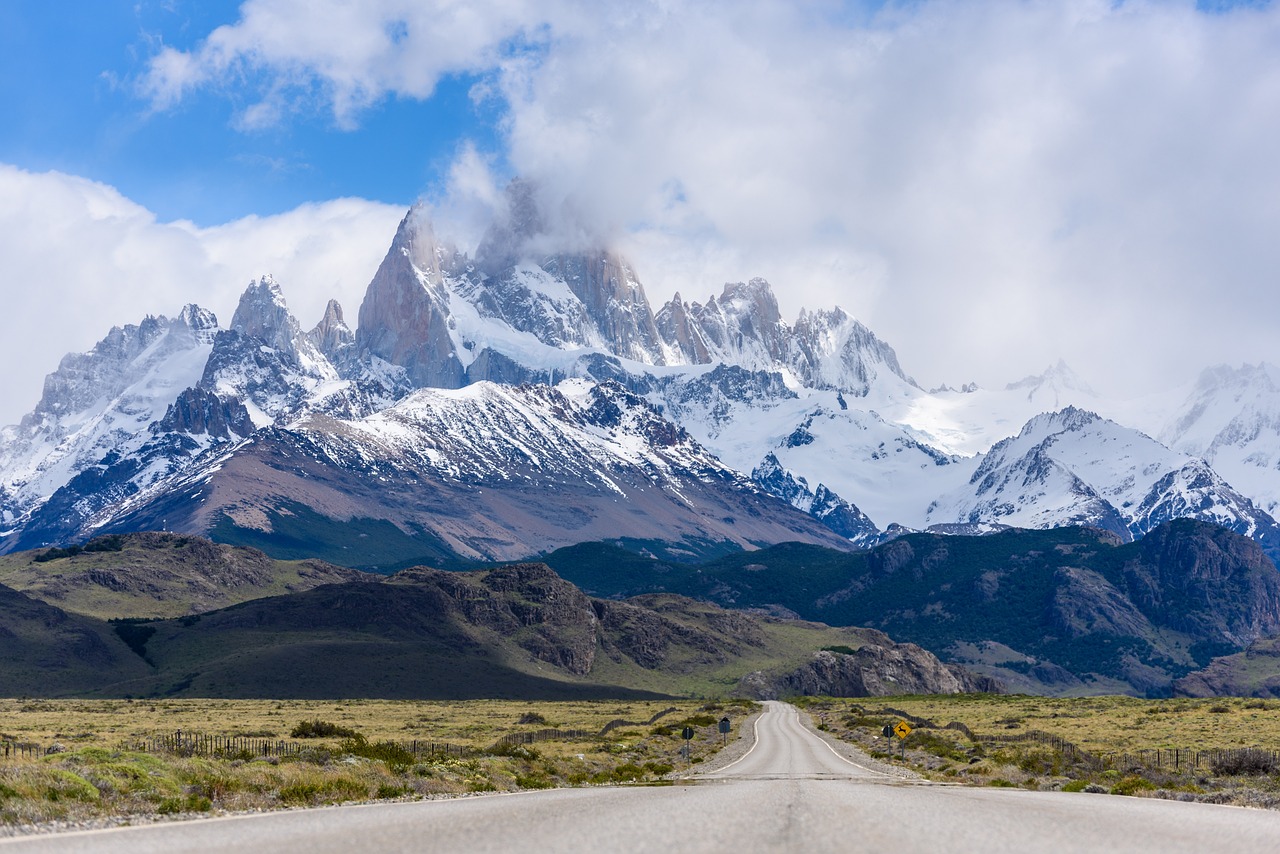Argentina Video
Local Celebrations and Holidays: What to Expect in Argentina
Argentina is a country known for its vibrant culture and lively celebrations. From traditional festivals to national holidays, the Argentinian calendar is filled with events that showcase the rich heritage and diverse traditions of the nation. Whether you are a tourist planning your visit or an expatriate looking to immerse yourself in the local culture, here is a guide to the various local celebrations and holidays you can expect to experience in Argentina.
Carnival
Carnival: Carnival in Argentina is a festive season celebrated with great enthusiasm and color. It typically takes place in February or March and lasts for several days. The most famous Carnival celebration in Argentina is held in Gualeguaychú, a city in the province of Entre Rios. The highlight of the festivities is the Carnival parade, where elaborately decorated floats and dancers showcase their talents. Visitors can enjoy lively music, traditional costumes, and street performances during this vibrant celebration.
- The Carnival parade is a must-see event, featuring extravagant floats and vibrant costumes.
- Street performances and live music create a festive atmosphere throughout the city.
- Traditional dances like the murga and the cuarteto are performed during Carnival.
- Local food stalls offer a variety of traditional Argentine dishes for visitors to enjoy.
- It is advisable to book accommodation in advance, as Carnival attracts a large number of tourists.
Fiesta Nacional de la Vendimia
Fiesta Nacional de la Vendimia: The Fiesta Nacional de la Vendimia, or National Grape Harvest Festival, is one of the most important celebrations in Argentina. Held in the province of Mendoza, known for its vineyards and wineries, this festival commemorates the grape harvest season. The main event of the festival is the crowning of the Queen of Vendimia, who represents the beauty and fertility of the region. The festival also includes parades, live music performances, wine tastings, and traditional dances.
- The crowning of the Queen of Vendimia is a highly anticipated event, featuring a spectacular show.
- Parades showcasing the cultural heritage of the region take place throughout the festival.
- Wine tastings and tours of the vineyards and wineries allow visitors to sample the local produce.
- Traditional dances, such as the chacarera and the malambo, are performed during the festival.
- The festival attracts thousands of visitors, so it is advisable to make travel arrangements in advance.
Independence Day
Independence Day: Independence Day, celebrated on July 9th, marks the anniversary of Argentina’s declaration of independence from Spain in 1816. This national holiday is celebrated throughout the country with various events and activities. The main celebration takes place in Buenos Aires, where a military parade is held along Avenida del Libertador. The day is also marked with fireworks, live music performances, and cultural exhibitions.
- The military parade in Buenos Aires is the highlight of the Independence Day celebrations.
- Fireworks displays light up the sky in cities across Argentina.
- Concerts featuring renowned Argentine musicians are held in public squares and parks.
- Art exhibitions and cultural events showcase the country’s rich history and heritage.
- Many locals gather with friends and family for barbecues and traditional Argentine meals.
Christmas and New Year
Christmas and New Year: Christmas and New Year are widely celebrated in Argentina, with traditions influenced by both European and Latin American customs. Christmas Eve, known as Nochebuena, is the main day of celebration. Families gather for a festive meal, exchange gifts, and attend midnight Mass. New Year’s Eve is celebrated with parties, fireworks, and the traditional custom of eating 12 grapes at midnight for good luck.
- Christmas Eve is a time for families to come together and enjoy a special meal.
- Midnight Mass is a popular tradition, with churches beautifully decorated for the occasion.
- Fireworks displays light up the sky as the clock strikes midnight on New Year’s Eve.
- Parties and gatherings are held throughout the country to welcome the new year.
- The custom of eating 12 grapes at midnight is believed to bring good luck for the coming year.
Gaucho Day
Gaucho Day: Gaucho Day, also known as Día de la Tradición, is celebrated on November 10th to honor the traditional cowboy culture of Argentina. The gaucho is an iconic figure in Argentine history, representing the country’s rural heritage. On this day, various events and activities are organized to showcase gaucho traditions, including horseback riding demonstrations, traditional folk music performances, and rodeo shows.
- Horseback riding demonstrations highlight the skills and traditions of the gauchos.
- Traditional folk music performances, featuring instruments like the guitar and accordion, entertain the crowds.
- Rodeo shows demonstrate the daring and agility of the gauchos in their horsemanship.
- Artisans showcase their craftsmanship, offering handmade gaucho accessories and traditional crafts.
- Visitors can enjoy traditional Argentine food, such as empanadas and asado, during the celebrations.
Image 1:

Patagonian Welsh Festival
Patagonian Welsh Festival: The Patagonian Welsh Festival, also known as Eisteddfod, celebrates the Welsh heritage and culture in the region of Chubut in Patagonia. This unique festival showcases traditional Welsh music, dance, poetry, and literature. It is a gathering of the Welsh community and attracts visitors from all over Argentina and beyond. The festival includes competitions, concerts, and exhibitions that promote the preservation of Welsh traditions.
- Competitions in music, poetry, and dance showcase the talents of the Welsh community.
- Concerts feature traditional Welsh choirs and musicians.
- Exhibitions display Welsh crafts, costumes, and literature.
- Traditional Welsh food, such as bara brith and Welsh cakes, can be enjoyed during the festival.
- The festival offers a unique opportunity to learn about the Welsh influence in Patagonia.
Image 2:

Quilmes Ruins Festival
Quilmes Ruins Festival: The Quilmes Ruins Festival celebrates the indigenous culture and history of Argentina. The Quilmes Ruins, located in the province of Tucumán, are the remains of an ancient indigenous settlement. The festival includes traditional ceremonies, music, dance performances, and storytelling sessions. Visitors can explore the archaeological site and learn about the fascinating history of the Quilmes people.
- Traditional ceremonies, such as the Pachamama offering, honor the indigenous heritage.
- Music and dance performances showcase the cultural traditions of the Quilmes people.
- Storytelling sessions provide insights into the history and legends of the indigenous community.
- Guided tours of the Quilmes Ruins offer a glimpse into the ancient civilization.
- Local artisans sell their crafts, including pottery and woven textiles, during the festival.
Gastronomic Festivals
Gastronomic Festivals: Argentina is renowned for its delicious cuisine, and various gastronomic festivals are held throughout the year to celebrate the country’s culinary heritage. These festivals showcase regional dishes, local ingredients, and traditional cooking techniques. From the Festival Nacional del Asado in Villa María to the Fiesta Nacional del Alfajor in Mar del Plata, food enthusiasts can indulge in a wide range of flavors and specialties.
- The Festival Nacional del Asado celebrates Argentina’s love for barbecued meat, with grilling competitions and tastings.
- The Fiesta Nacional del Alfajor pays homage to the popular Argentine sweet treat, with alfajor-making contests and samplings.
- Gastronomic festivals also feature wine tastings, cooking demonstrations, and live music performances.
- Visitors can explore the diverse culinary traditions of different regions in Argentina.
- Local food vendors offer a wide variety of dishes, from empanadas and locro to dulce de leche desserts.
Image 3:

Conclusion
Argentina’s local celebrations and holidays offer a unique opportunity to immerse yourself in the country’s vibrant culture and traditions. From colorful Carnival parades to cultural festivals honoring indigenous heritage, there is always something to celebrate in Argentina. Whether you are captivated by the energy of the tango or tempted by the flavors of traditional Argentine cuisine, these celebrations provide a glimpse into the heart and soul of the nation.
References
– gypsywarrior.com (source for Argentina images)
– gualeguaychu.gov.ar (official website for Gualeguaychú Carnival)
– mendoza.gov.ar (official website for Fiesta Nacional de la Vendimia)
– buenosaires.gob.ar (official website for Buenos Aires Independence Day celebrations)
– welshpatagonia.com (official website for Patagonian Welsh Festival)
– tucumanturismo.gob.ar (official website for Quilmes Ruins Festival)
– villamaria.gob.ar (official website for Festival Nacional del Asado)
– marplataturismo.gob.ar (official website for Fiesta Nacional del Alfajor)


